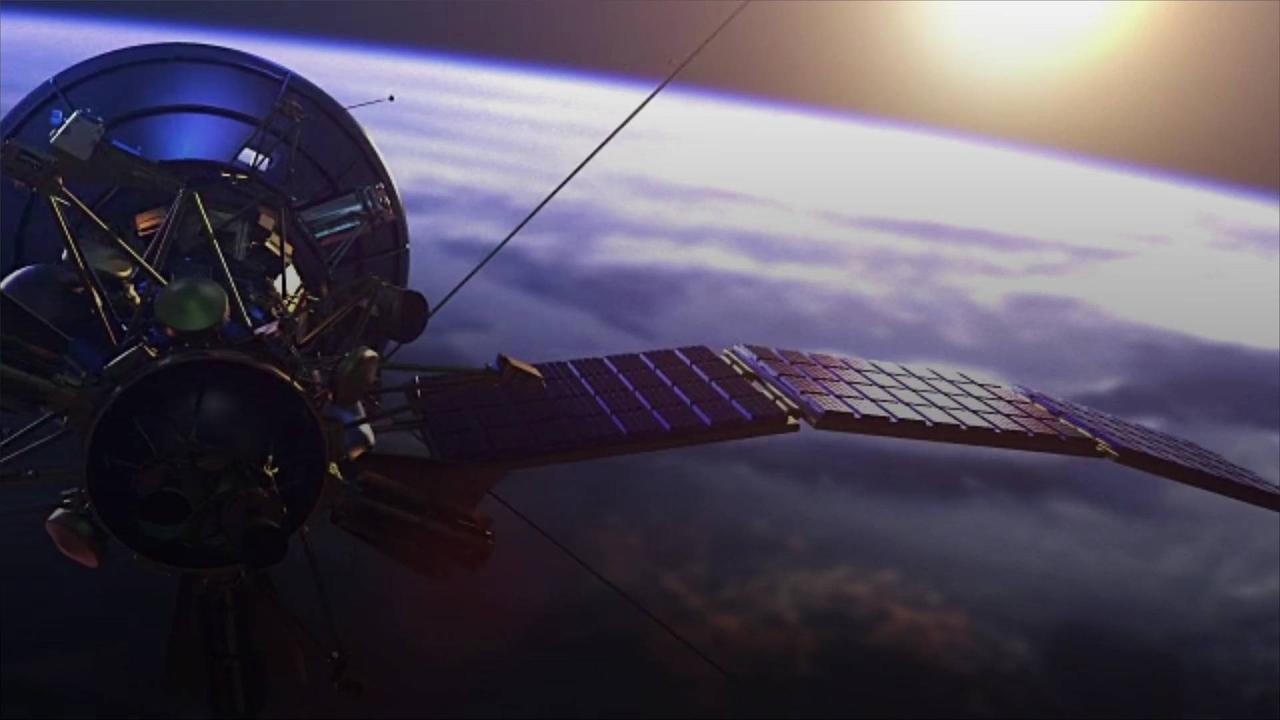
Astronomers Warn New, Satellite Network Likely , to Interfere With Observations.
Astronomers have warned that a sprawling new satellite network used to connect with mobile phones is a threat to their work and humanity's view of the universe.
CNET reports that astronomers say the AST SpaceMobile Bluewalker 3 satellite appears brighter than most stars in the night sky.
.
The 64-square-meter array of solar panels and antennas was launched on September 10.
.
A study by astronomers at the International Astronomical Union (IAU) found the satellite to be almost as bright as the 15th and 16th brightest stars.
.
CNET reports that the real concern for astronomers is that the Bluewalker 3 is a test model for over 100 Bluebird satellites the company intends to launch.
.
BlueWalker 3 is a big shift in the constellation satellite issue and should give us all reason to pause, Piero Benvenuti, Director of the IAU Center for the Protection of the Dark and Quiet Sky from Satellite Constellation Interference, via CNET.
While astronomers have expressed concerns over other mega-constellations of satellites like SpaceX's Starlink, AST SpaceMobile's satellites pose an additional problem.
While astronomers have expressed concerns over other mega-constellations of satellites like SpaceX's Starlink, AST SpaceMobile's satellites pose an additional problem.
The Bluebird satellites emit strong radio waves which could cause further interference with astronomical observations.
.
Astronomers build radio telescopes as far away as possible from human activity, looking for places on the planet where there is limited or no cell phone coverage.
, Philip Diamond, Director of the Square Kilometer Array Observatory in South Africa and Australia, via CNET.
New satellites such as BlueWalker 3 have the potential to worsen this situation and compromise our ability to do science if not properly mitigated, Philip Diamond, Director of the Square Kilometer Array Observatory in South Africa and Australia, via CNET
